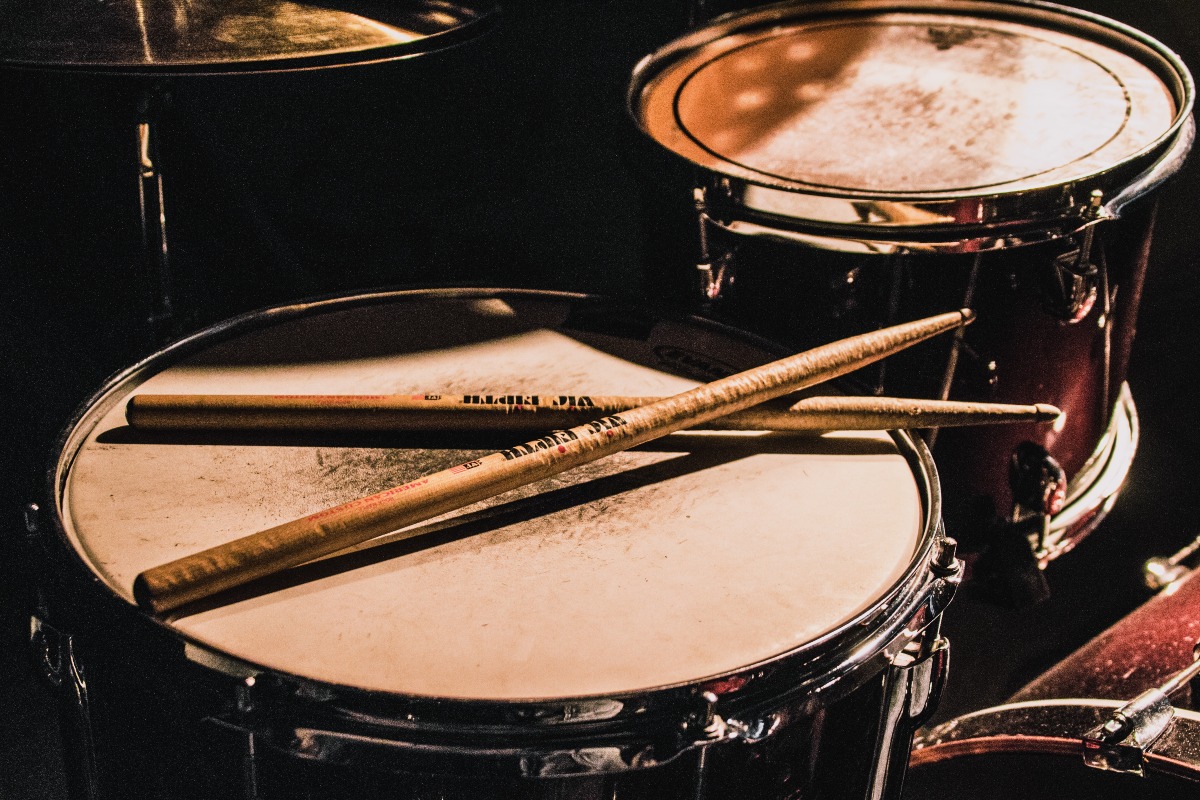
At many psychiatric treatment centers, music therapy provides an emotional and intellectual outlet for patients. Many people, like you, may hesitate to participate. You don’t want to make yourself vulnerable or put yourself out there. If you need a confidence boost, we’re here to help. This blog will discuss what music therapy is and why you should try it.
Understanding Music Therapy
Music therapy allows you to engage your mind and body through music — a universal language. Typically, a group of patients gets together for this therapy. The activities allow you to engage with the thoughts and emotions of yourself and others in the group. Commonly, music therapy groups participate in the following:
- Playing instruments
- Talking about how music makes everyone feel
- Writing song lyrics for self-expression
- Dancing to music
- Singing along to songs
- Creating music from scratch
- Producing songs written by the group
An individual practitioner can work one-on-one with you, but usually, it’s ideal to participate in a group. Social interactions can improve interpersonal skills and promote peer bonding. By engaging in this holistic therapy, you can connect with others who understand your mental health journey.
Tapping Into Self-Expression
One of the primary benefits of engaging with music is self-expression. In music therapy, you often select songs to engage with. You may write your own songs and share them with the group. Your choice of an instrument can say a lot about how you’re feeling. Sometimes, you need to get your anger out by banging on a drum. Other times, you lightly strum a guitar to express sorrow. Through music therapy, you might understand yourself better than you did previously.
Improving Overall Mood
If you’ve ever listened to a song and felt goosebumps, you know that music can cause a visceral, emotional reaction. The amygdala is the emotional center of the brain. It controls your immediate feelings. Additionally, the superficial layer of the amygdala reacts to music. With positive emotions triggered by music, this part of the brain releases the neurotransmitter dopamine. The feel-good chemical helps decrease your depression and anxiety symptoms. Almost immediately, your mood will lift. In addition to simply feeling better, it can motivate you to continue participating in music therapy.
Music therapy provides you with an elevated mood, and it helps you express your thoughts and emotions in a healthy way. For people who struggle to verbalize, it’s important to have this outlet. At The Guest House, we provide traditional and holistic therapies like music therapy, art therapy, and equine therapy. Every option attends to your needs in a unique way. With the help of our practitioners, you can start down the path to healing. When you’re ready, contact The Guest House at (855) 483-7800.